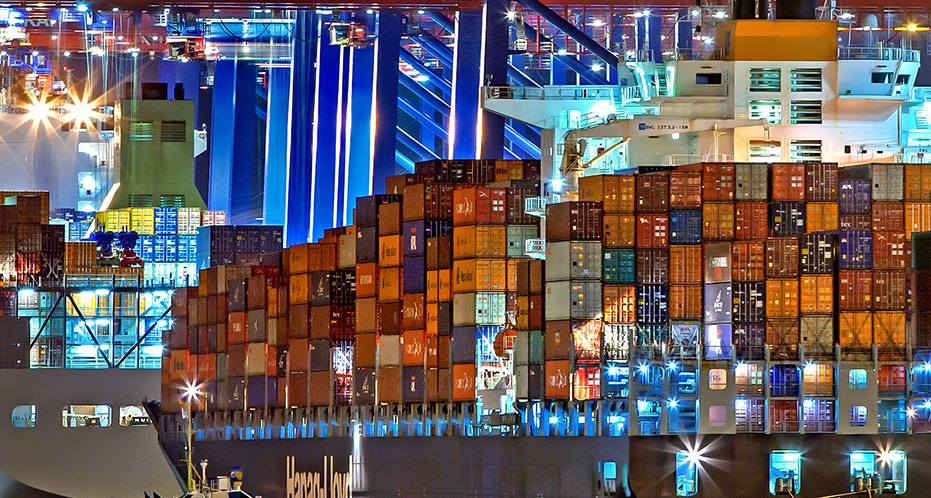Driving commercial and political engagement between Asia, the Middle East and Europe
Driving commercial and political engagement between Asia, the Middle East and Europe
Driving commercial and political engagement between Asia, the Middle East and Europe

According to McKinsey Global Institute, important structural changes in the nature of globalisation are largely going unnoticed. Trade intensity is declining within almost every goods-producing value chain, with flows of services and data now playing a much bigger role in tying the global economy together. In addition, all global value chains are becoming more knowledge-intensive, with low-skill labour becoming less important.
These trends are underpinned by the growing demand in China and the rest of the developing world, which enables them to consume more of what they produce; the growth of more comprehensive domestic supply chains in those countries, which has reduced their reliance on imports of intermediate goods; and the impact of new technologies, such as digital platforms, logistics technologies and data-processing advances.
Given these shifts in value chains, companies need to re-evaluate their strategies for operating globally, including where to compete on the value chain; how to capture value from services; and prioritising speed to market and proximity to customers.
At this breakfast briefing, Susan Lund – partner at McKinsey & Company and a leader of the McKinsey Global Institute, based in Washington, DC – will outline these shifts and their implications for businesses, and how businesses can respond to them.
Susan is an expert on global labour markets, financial markets, and trade. Her latest research assesses how new technologies and shifts in demand are impacting global trade and value chains. She is a frequent speaker at global conferences and has authored numerous articles, including in the Harvard Business Review, Financial Times, Wall Street Journal, Washington Post, and Foreign Affairs.
Register interest in attending by emailing Aini Abdullah, Business and Policy Programme Assistant, at Aini.Abdullah@asiahouse.co.uk.
